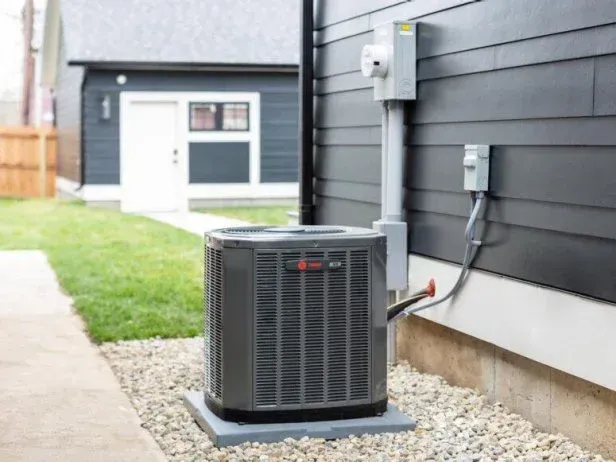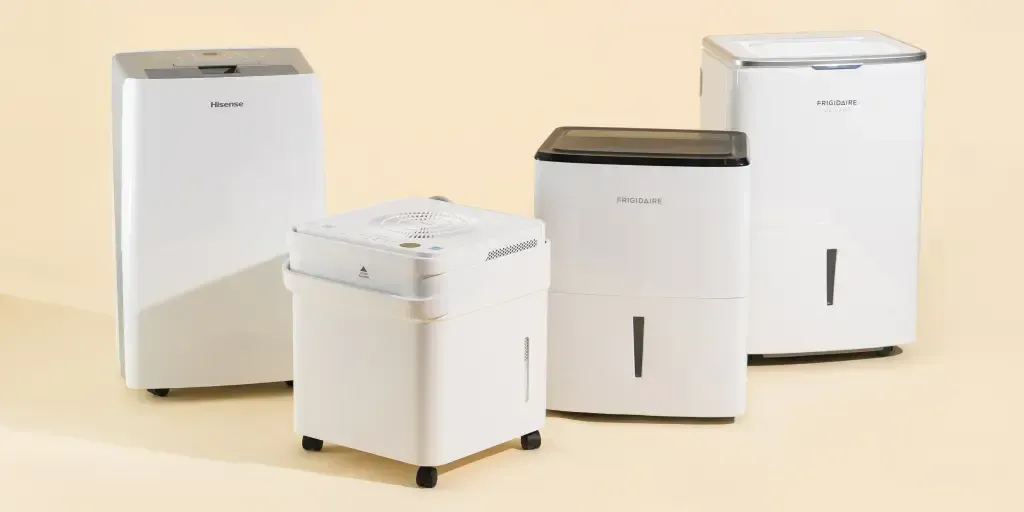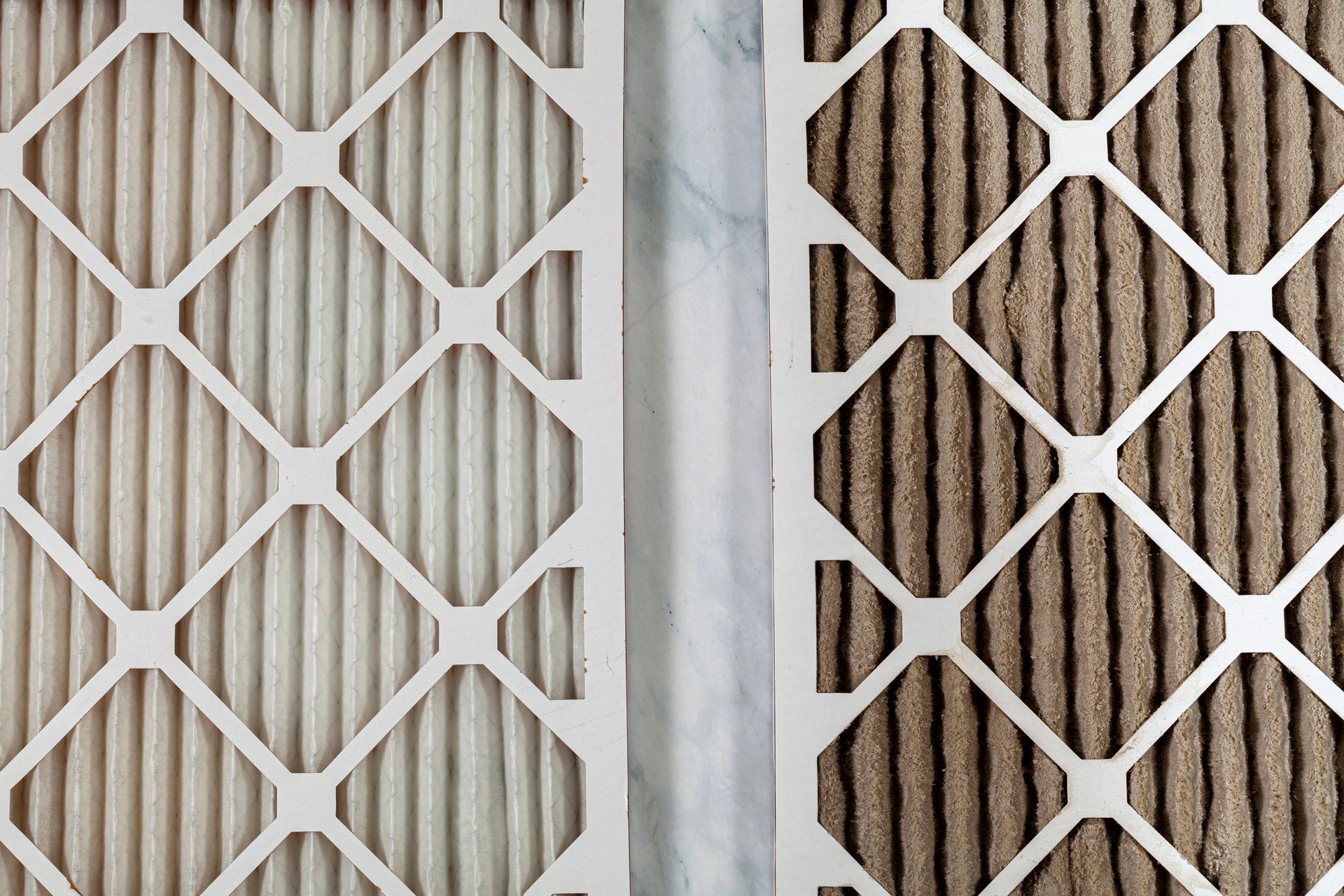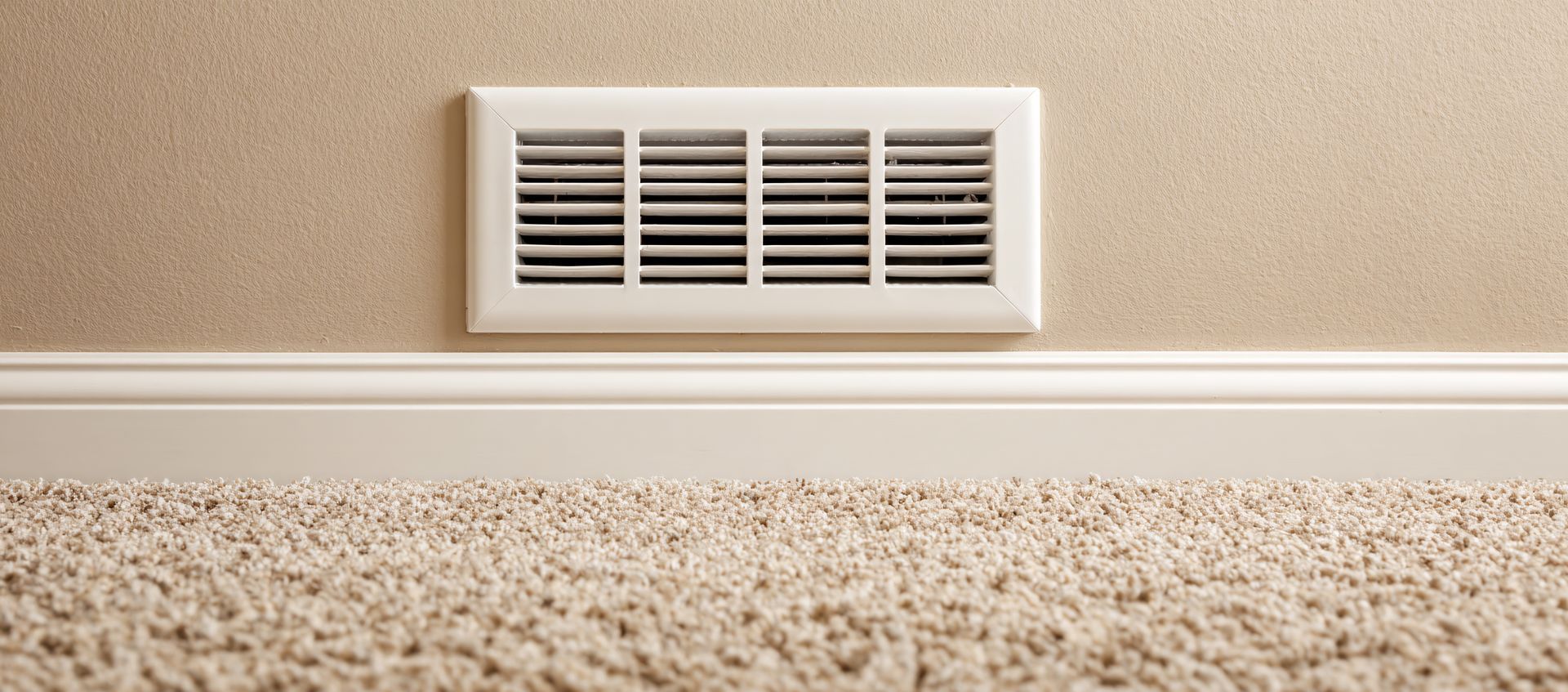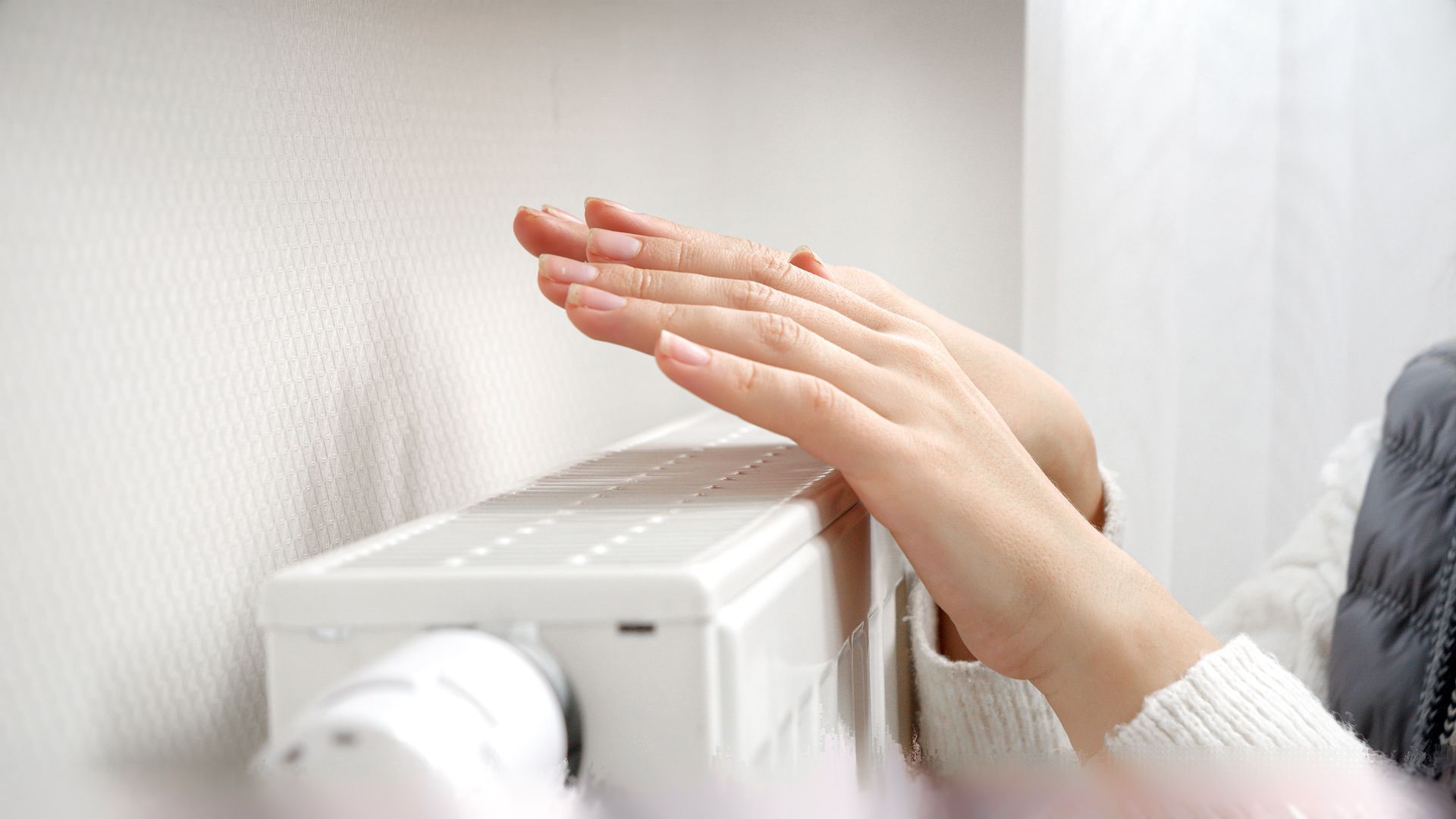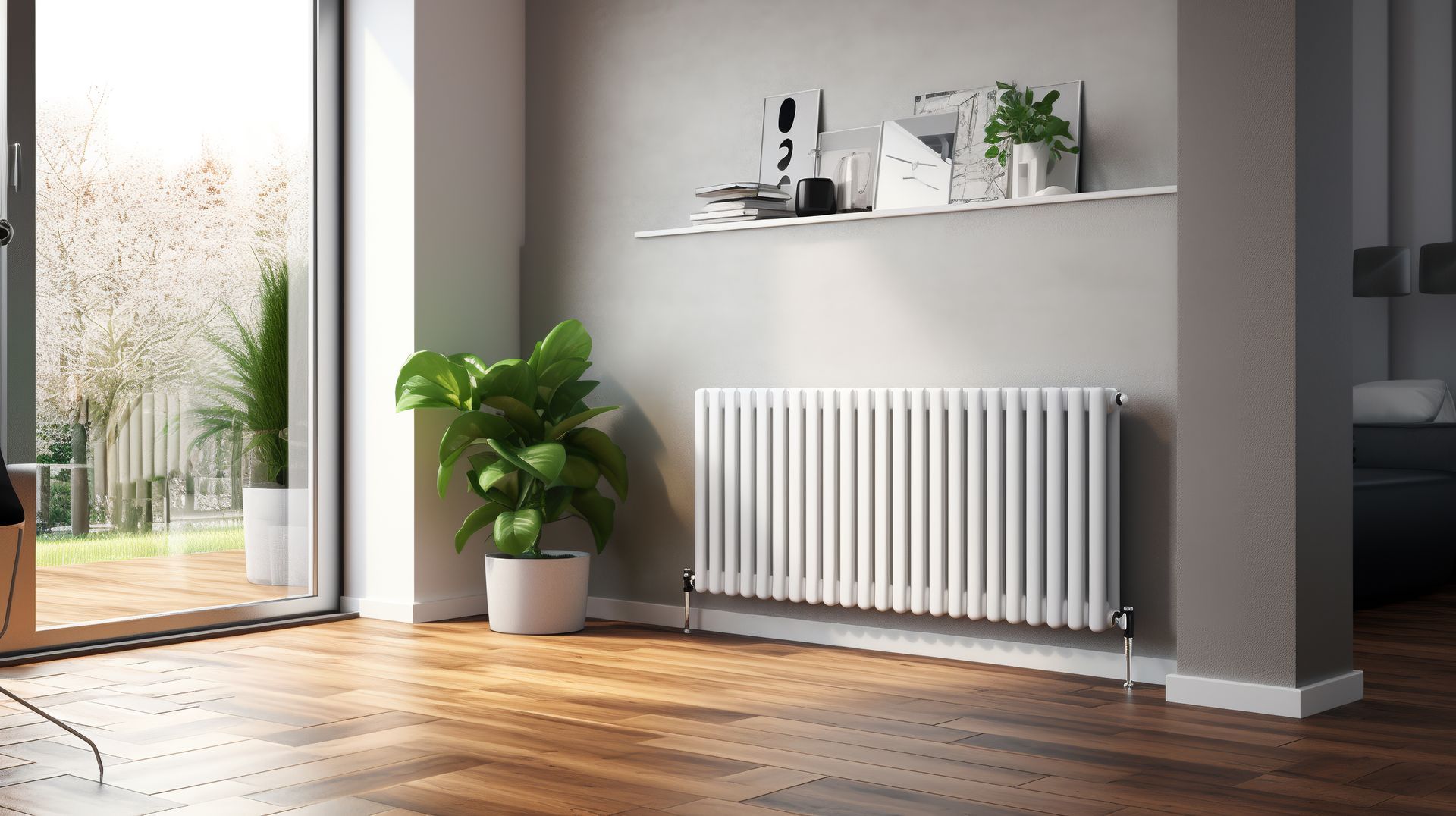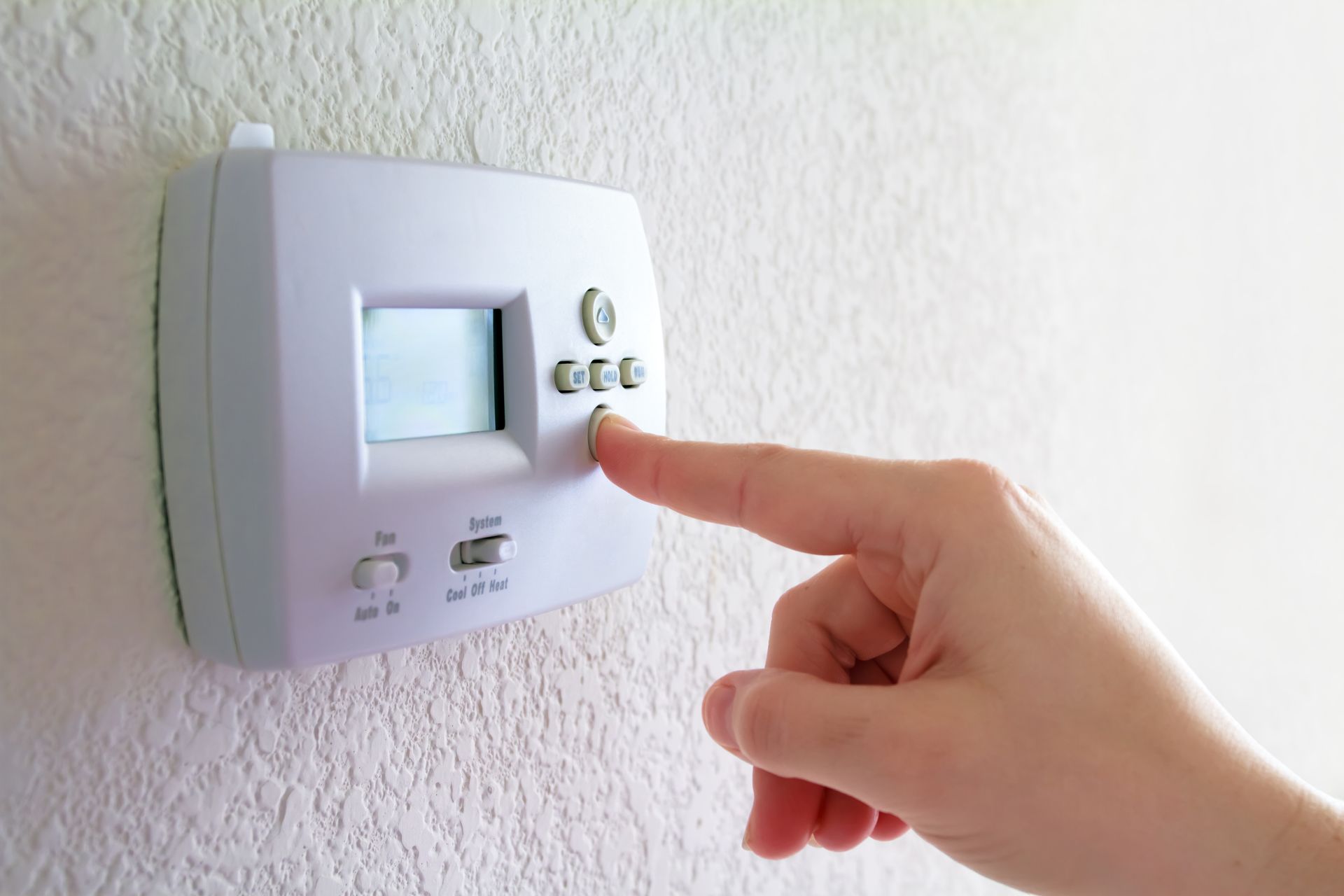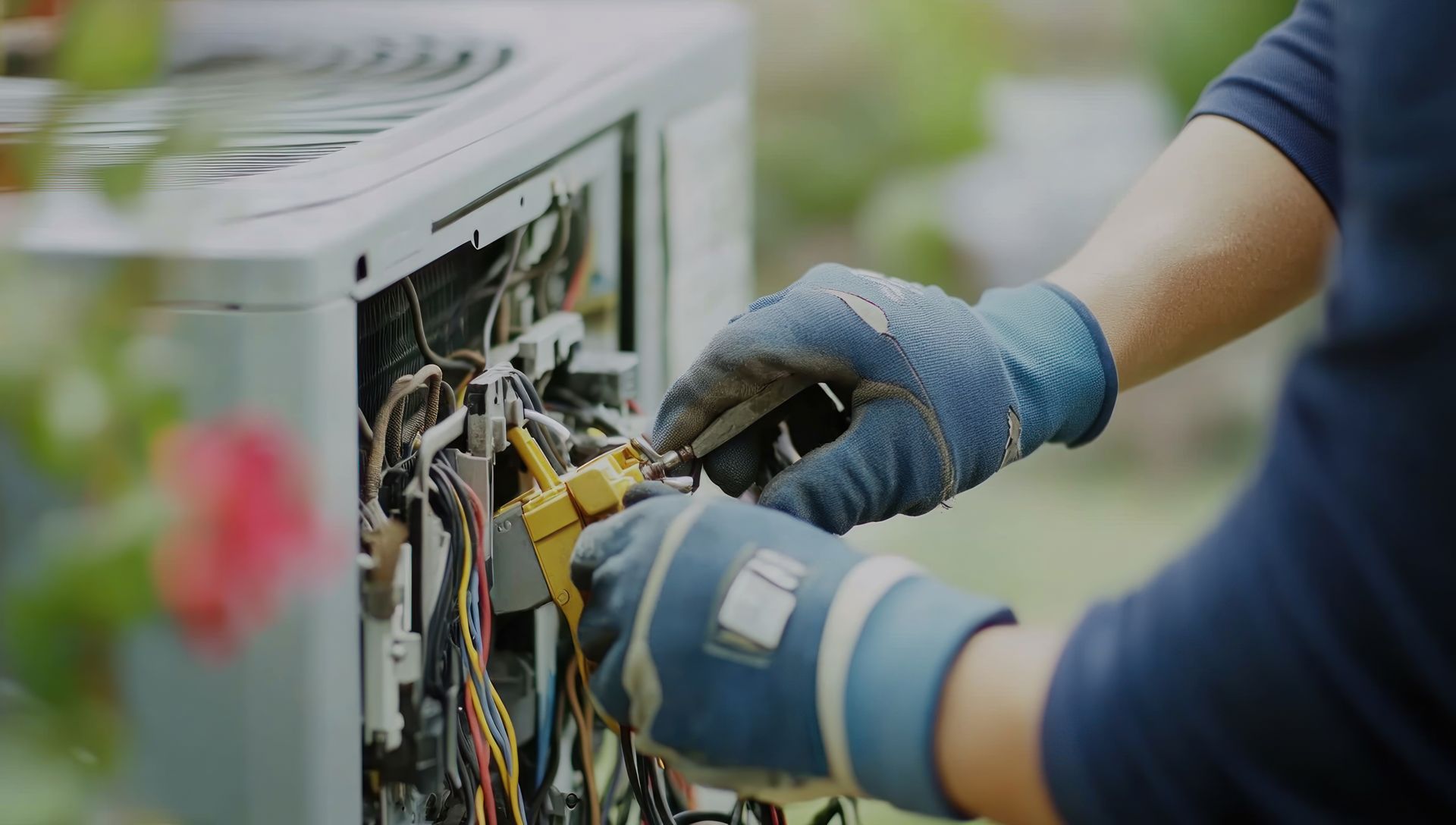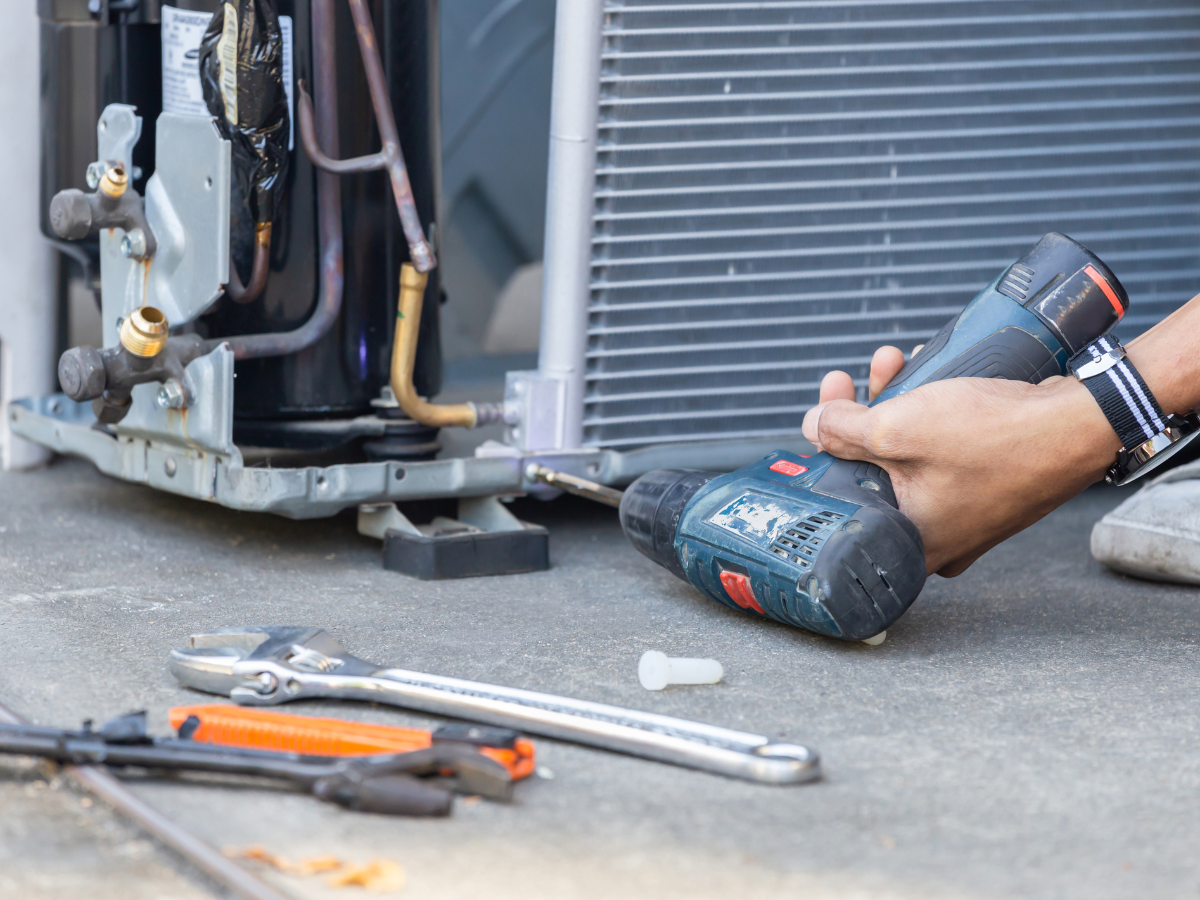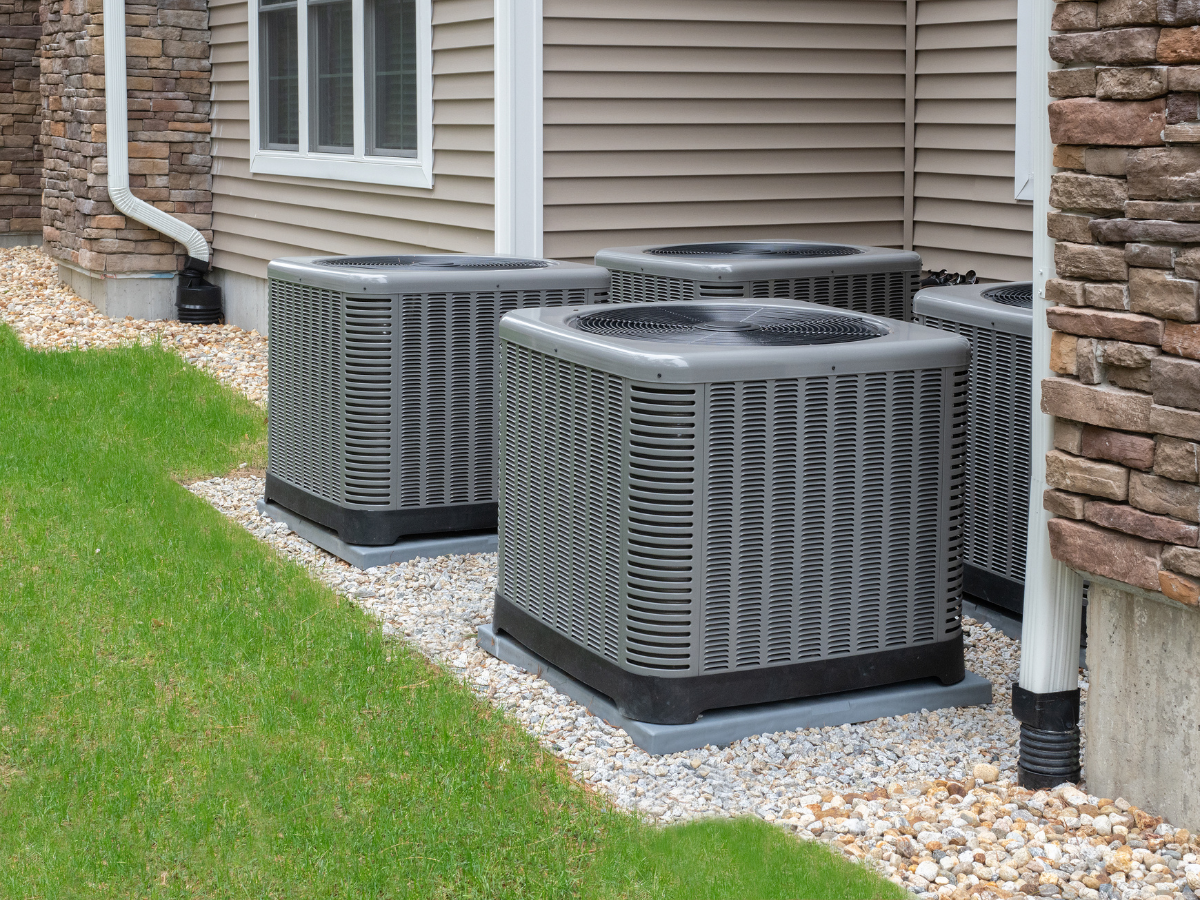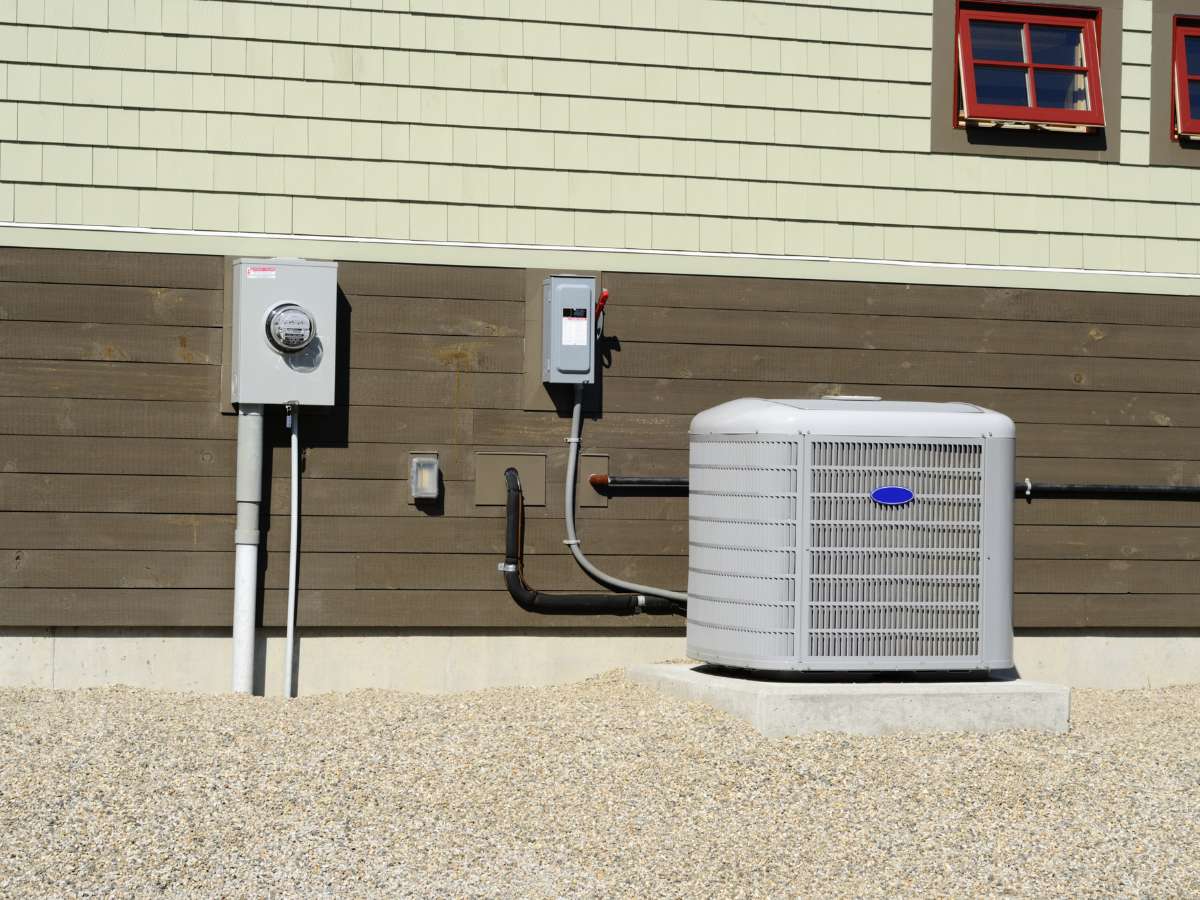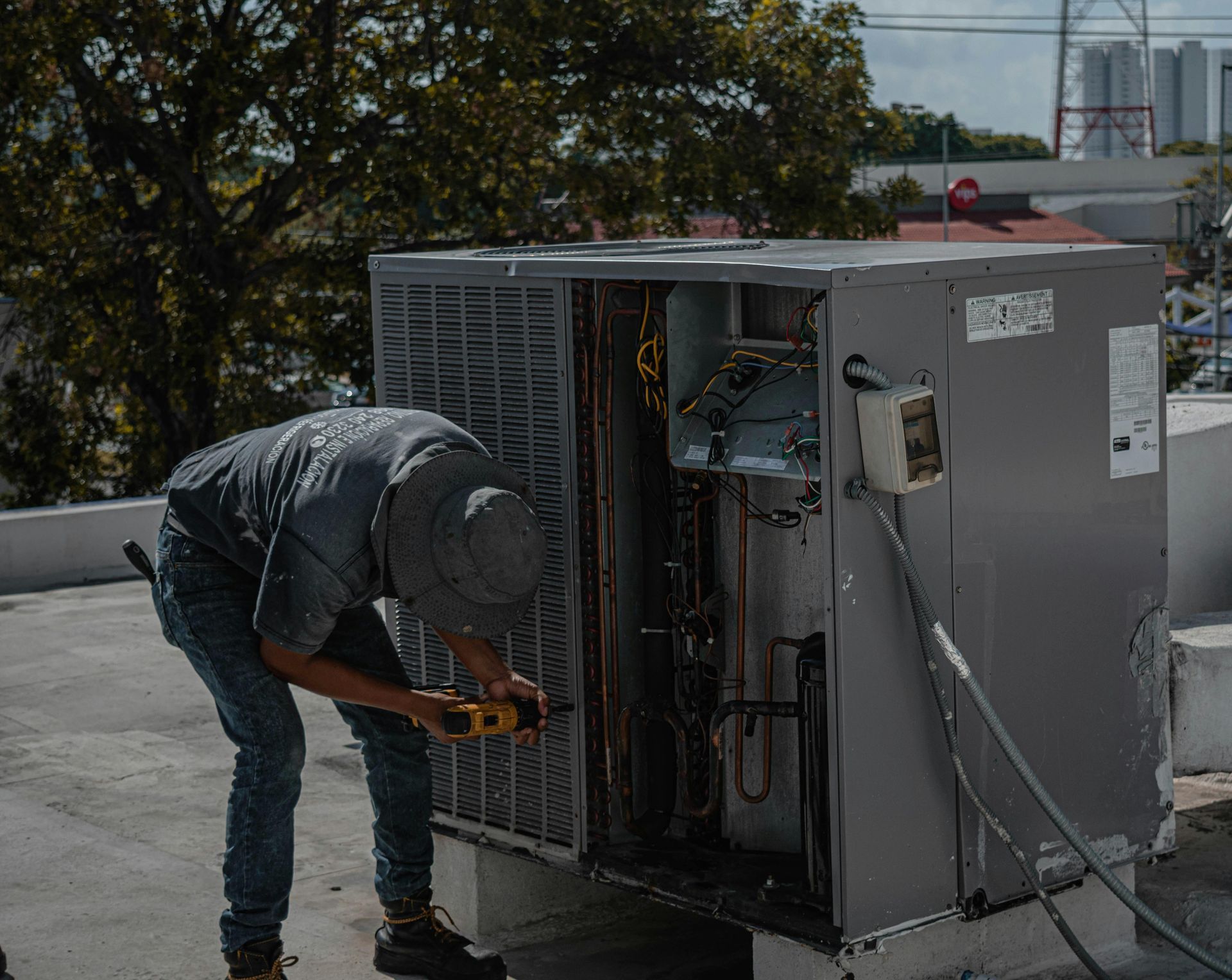Spring Allergies: How Your HVAC System Can Help
Spring is a beautiful time of year with blooming flowers and warming temperatures. However, for many people, it also brings the unwelcome arrival of seasonal allergies. While it might seem like stepping outside is the only trigger, allergens can easily infiltrate your home, making indoor air quality a concern. Fortunately, your HVAC system can be a powerful ally in reducing the impact of spring allergies.
Understanding Spring Allergies
Before diving into how your HVAC system can help, it's essential to understand what causes spring allergies. Pollen from trees, grasses, and weeds are the most common culprits. When these tiny particles are released into the air, they can easily find their way into your home through open windows, doors, and even on your clothes and pets.
Common Symptoms of Spring Allergies
- Sneezing
- Runny or stuffy nose
- Itchy or watery eyes
- Coughing
- Fatigue
These symptoms can be annoying and disruptive, but with the right strategies, you can minimize their impact.
Photo By: HGTV
The Role of Your HVAC System
Your HVAC system is designed to maintain a comfortable indoor environment by regulating temperature and humidity. But did you know it also plays a crucial role in maintaining indoor air quality? Let's explore how your HVAC system can help reduce allergens in your home.
HVAC Air Filters: Your First Line of Defense
One of the simplest ways to combat indoor allergens is by using high-quality HVAC air filters. These filters trap dust, pollen, pet dander, and other airborne particles, preventing them from circulating throughout your home.
Choosing the Right Air Filter
When selecting an air filter, consider the MERV (Minimum Efficiency Reporting Value) rating. Filters with higher MERV ratings can capture smaller particles. However, it's essential to balance efficiency with airflow; filters that are too restrictive can strain your HVAC system.
For allergy sufferers, a MERV rating between 8 and 13 is usually effective. Make sure to change your air filters regularly to maintain their efficiency.
Enhancing Indoor Air Quality with Additional Equipment
In addition to air filters, there are other devices you can integrate with your HVAC system to improve indoor air quality further.
Dehumidifier vs. Air Purifier
- Dehumidifier: Humidity levels can affect the prevalence of allergens. Dust mites and mold thrive in humid environments. Using a dehumidifier can help maintain optimal humidity levels (between 30-50%) and reduce these allergens.
- Air Purifier: While air filters in your HVAC system do a great job, adding a standalone air purifier can provide an extra layer of protection. Air purifiers can capture even smaller particles, including some bacteria and viruses.
Regular Maintenance and Cleaning
To ensure your HVAC system functions effectively, regular maintenance is crucial. This includes cleaning and servicing the components to prevent dust and debris buildup.
Steps for Regular Maintenance
- Schedule Professional Inspections: Have a professional inspect and service your HVAC system at least once a year. This ensures all components are working correctly and efficiently.
- Clean Vents and Ducts: Dust and allergens can accumulate in your air ducts and vents. Regular cleaning can help reduce the circulation of these particles.
- Check and Seal Duct Leaks: Leaks in your ductwork can allow allergens to enter the system. Sealing these leaks can improve air quality and system efficiency.
Photo By: NY Times
Tips for Reducing Seasonal Allergies at Home
While your HVAC system is a significant factor, other practices can also help minimize allergies.
Keep Windows and Doors Closed
On high pollen count days, keep windows and doors closed to prevent allergens from entering your home. Use your HVAC system to circulate and cool the air instead.
Regular Cleaning
Frequent cleaning can help reduce allergens. Vacuum your home regularly using a HEPA filter vacuum cleaner, and wash bedding and curtains frequently to remove dust and pollen.
Use Doormats and Remove Shoes
Place doormats at every entrance and encourage family members and guests to remove their shoes when entering your home. This can prevent tracking in pollen and other outdoor allergens.
Conclusion
At CJ's Heating and Cooling, we understand that spring allergies can take a toll on your comfort and well-being. By optimizing your HVAC system and implementing the right practices, you can transform your home into a sanctuary free from allergens. Our team is dedicated to helping you achieve better indoor air quality, ensuring that your HVAC system runs efficiently and effectively.
Don't let spring allergies dictate your enjoyment of the season. Take proactive steps today to enhance your home's air quality! Whether you need expert advice on the best HVAC air filters, solutions like a dehumidifier or air purifier, or professional maintenance services, we are here to assist you.
Contact CJ's Heating and Cooling today for a comprehensive HVAC inspection and let us help you breathe easier this spring! Your comfort is our priority, and with our expertise, you can enjoy the beauty of the season without the discomfort of allergies.

